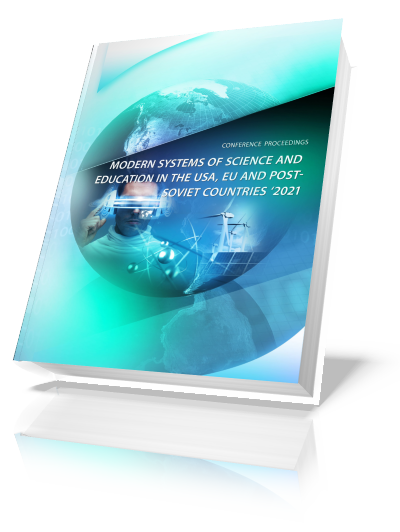STUDENT TIME MANAGEMENT AS THE BASIS FOR IMPROVING THE EFFECTIVENESS OF E-LEARNING
DOI:
https://doi.org/10.30888/2709-2267.2023-16-01-014Keywords:
e-Learning, distant learning, blended learning, distance learning, student-centered paradigm, student-centered learning, self-management, time management, self-organization, self-motivation, proactivityAbstract
The pandemic and martial law have forced universities to switch to force majeure e-learning, which has been a powerful impetus to the accelerated arming of universities with the resources that allow them to effectively practice online and blended learningMetrics
References
Alyami A., Abdulwahed A., Azhar A., Binsaddik A. and Bafaraj S. (2021) Impact of Time-Management on the Student’s Academic Performance: A Cross-Sectional Study. Creative Education, 12, 471-485. doi: 10.4236/ce.2021.123033.
Adams, R. V., & Blair, E. (2019). Impact of Time Management Behaviors on Undergraduate Engineering Students’ Performance. SAGE Open, 9, 1-11. https://doi.org/10.1177/2158244018824506
Adams, R. V., & Blair, E. (2019). Impact of Time Management Behaviors on Undergraduate Engineering Students’ Performance. SAGE Open, 9(1). https://doi.org/10.1177/2158244018824506
Downloads
Published
How to Cite
Issue
Section
License
Copyright (c) 2023 Authors

This work is licensed under a Creative Commons Attribution 4.0 International License.


